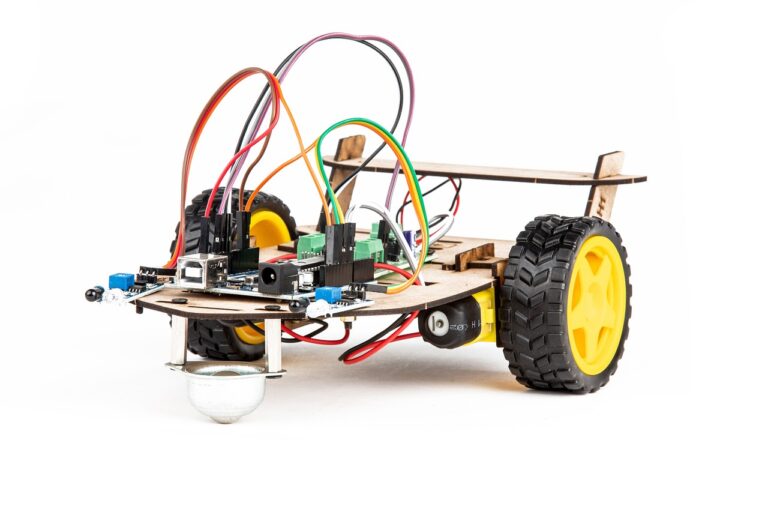The Rise of Remote Proctoring: Benefits and Concerns: Betbhai.com sign up, Playexch in live login, Gold365 login
betbhai.com sign up, playexch in live login, gold365 login: In recent years, remote proctoring has gained significant traction as a method of invigilating exams and assessments in a virtual environment. With the rise of online learning and remote work, the need for secure and reliable proctoring solutions has become more apparent than ever before. In this blog post, we will explore the benefits and concerns associated with the rise of remote proctoring.
Ensuring Academic Integrity
One of the primary benefits of remote proctoring is the assurance of academic integrity. By utilizing advanced technology such as AI-powered algorithms and facial recognition software, remote proctoring tools can monitor students during exams and detect any suspicious behavior or misconduct. This helps to maintain the credibility and fairness of assessments conducted in a virtual setting.
Convenience and Flexibility
Remote proctoring offers unmatched convenience and flexibility to both students and instructors. With the ability to take exams from anywhere with an internet connection, students no longer have to worry about traveling to a physical testing center or adhering to strict exam schedules. Instructors can also save time and resources by proctoring exams remotely, eliminating the need for on-site invigilators.
Cost-Effective Solution
Remote proctoring is a cost-effective solution for educational institutions and organizations looking to streamline their assessment processes. With remote proctoring tools, there is no need to invest in physical testing centers or hire additional invigilators, reducing overall operational costs. This makes remote proctoring an attractive option for institutions of all sizes.
Privacy and Data Security Concerns
Despite its many benefits, remote proctoring also comes with its fair share of concerns. Privacy and data security are top of mind for many students and educators, as remote proctoring tools collect sensitive information such as video footage and biometric data. It is essential for institutions to prioritize data privacy and security when implementing remote proctoring solutions to maintain trust and compliance with regulations.
Potential for Technical Glitches
Another concern with remote proctoring is the potential for technical glitches or connectivity issues during exams. Poor internet connection or software malfunctions can disrupt the exam-taking experience and lead to unfair outcomes for students. Institutions must provide adequate support and resources to address technical issues promptly and minimize disruptions during remote proctored exams.
Final Thoughts
In conclusion, the rise of remote proctoring offers numerous benefits such as enhanced academic integrity, convenience, and cost-effectiveness. However, it is essential to address concerns related to privacy, data security, and technical glitches to ensure a seamless and successful remote proctoring experience for all stakeholders involved. By leveraging technology responsibly and prioritizing student well-being, institutions can harness the power of remote proctoring to elevate the quality of online assessments.
FAQs
Q: Is remote proctoring reliable?
A: Remote proctoring can be reliable if implemented effectively with robust security measures and protocols in place.
Q: How does remote proctoring detect cheating?
A: Remote proctoring tools utilize AI algorithms and facial recognition software to monitor student behavior and detect any suspicious activity during exams.
Q: Can students cheat during remote proctored exams?
A: While remote proctoring tools are designed to deter cheating, it is still possible for students to find ways to circumvent the system. It is crucial for institutions to continuously improve their remote proctoring protocols to stay ahead of potential cheating methods.







